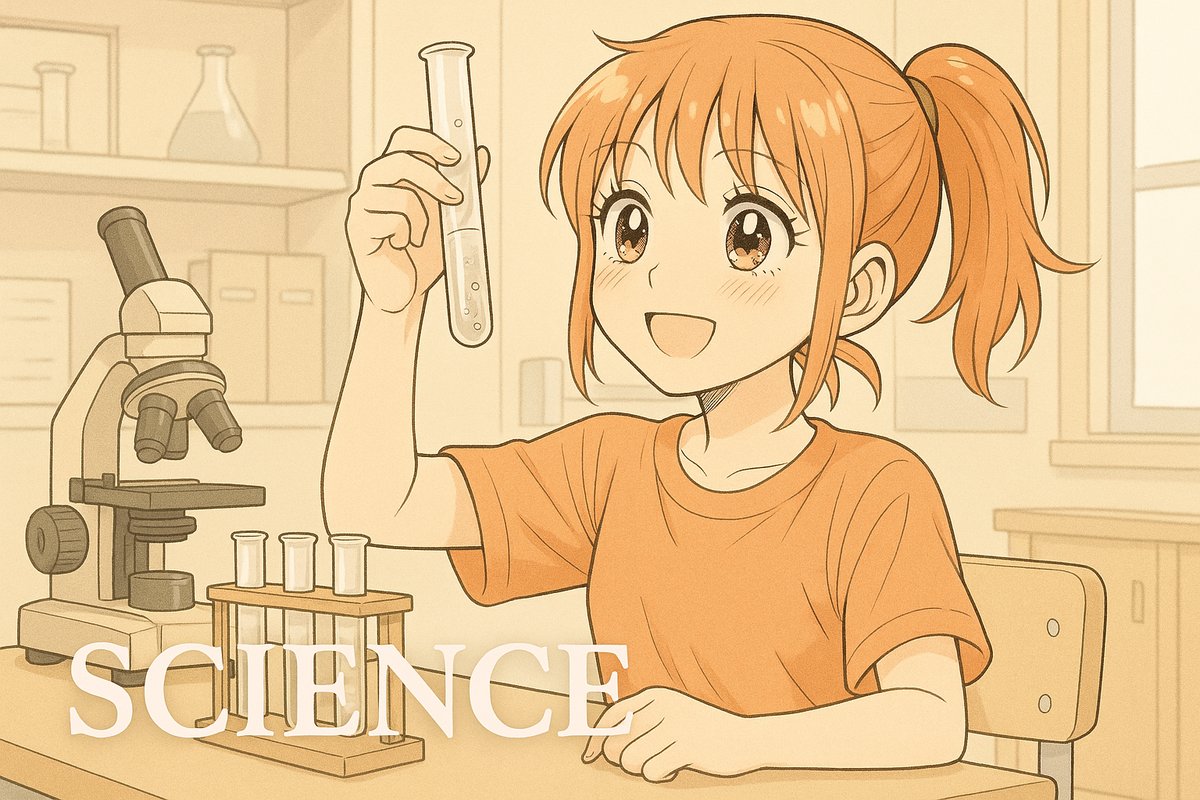📰 ニュースまとめ
1812年のロシア遠征でナポレオン1世の軍隊を襲った病気が、兵士の遺体の歯から抽出したDNAによって特定された。
この研究はフランス・パスツール研究所のチームによるもので、発熱や下痢などの食中毒症状を引き起こすパラチフスと、衣服に付くシラミが媒介する回帰熱の原因菌が関与していることが明らかになった。これにより、歴史的な戦争や疫病の関係性が再評価されることが期待されている。
💬 チャコたちの会話に耳をすませてみると…
ログ:
そういえば、ナポレオン軍が襲われた病気が特定されたって聞いた?
チャコ:
えー!どういうこと?爆発とかしないの?
ログ:
爆発はしないけど、食中毒の症状を引き起こすパラチフスと、シラミが媒介する回帰熱が原因だったんだ。
チャコ:
へぇー、そんな病気があったんだ!
ログ:
そうなんだ。特に冬の遠征中は、食べ物や衛生状態が悪かったから、病気が広がりやすかったんだよ。
ナヴィ:
補足しますが、ナポレオン軍の退却において、病気が士気に与えた影響も重要な要素と考えられます。
📝 管理人のひとこと
ナポレオン軍の病気特定に関する研究は、歴史と医学の交差点に位置する非常に興味深いテーマです。特に、当時の衛生状態や食糧事情が病気の蔓延にどのように影響を与えたかが明らかになることで、戦争の結果にも大きな影響を及ぼしたことが理解できます。チャコの「爆発しないの?」という疑問も、子どもらしい純粋さが感じられて面白いですね。このような歴史的な出来事が現代に再評価されることは、私たちにとっても多くの教訓を与えてくれます。
この記事をシェアする:
🇬🇧 英語版を見る
Summary
A disease that struck Napoleon Bonaparte’s army during the Russian campaign of 1812 has been identified through DNA extracted from the teeth of soldiers’ remains.
This research, conducted by a team at the Pasteur Institute in France, revealed that the pathogens responsible for paratyphoid fever, which causes symptoms like fever and diarrhea, as well as the bacteria causing relapsing fever, transmitted by lice, were involved. This discovery is expected to lead to a reevaluation of the relationship between historical wars and epidemics.
Dialogue
This dialogue is fictional and based on the article.
Log: By the way, did you hear that the illness that struck Napoleon’s army has been identified?
Chako: Really? What do you mean? Was there an explosion or something?
Log: No explosions, but it turns out the causes were paratyphoid, which causes food poisoning symptoms, and relapsing fever transmitted by lice.
Chako: Wow, I didn’t know there were such diseases!
Log: Yeah, especially during the winter campaign, the food and sanitary conditions were poor, so diseases spread easily.
Navi: Just to add, the impact of illness on morale during Napoleon’s retreat is also considered an important factor.
Admin’s Note
Research on the identification of diseases in Napoleon’s army is a fascinating topic that sits at the intersection of history and medicine. Understanding how the sanitary conditions and food circumstances of the time influenced the spread of illness reveals significant impacts on the outcomes of wars. The question posed by Chako, “Is it going to explode?” also reflects a childlike purity that is quite amusing. The reevaluation of such historical events in modern times provides us with many valuable lessons.



コメント